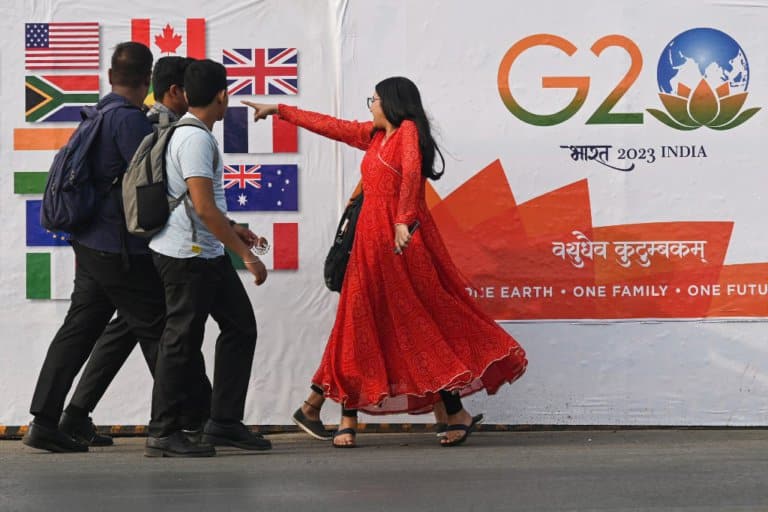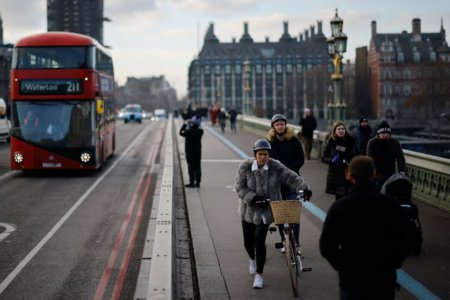
The 2023 UK visa application is predicted to be better for Indian students.
Year after year, Indian students make up a large chunk of the international student community in the UK. Yet, hiccups continue to dog them, from visa delays to scammers trying to cheat them with “fake fees.”
The biggest letdown, however, is the approval rates — which never seem to be high enough and have crushed too many dreams.
But things are looking up for this group. Since the year ending June 2022, the approval for UK student visas for Indians has exponentially risen with an 89% increase from the previous year.
If you’re looking to study in the UK, you need to first apply for a visa. It’s a lengthy process, but can be made fairly direct with the right amount of info and budget.
If you’re an Indian student that’s been accepted into a UK uni, this guide for 2023 UK visa applications is all you need.
Your one-stop guide to 2023 UK visa applications
What is the UK student visa?
If you’ve already been accepted to a UK educational institution for a full course of study and you’re aged 16 or over, you need to get the UK’s Student Visa. Do note that this has replaced the Tier 4 (General) student visa.
When applying for a UK Student Visa, you must show proof of the following items:
- An offer for a programme by a licensed student sponsor. The most important document you need is the Confirmation of Acceptance for Studies (CAS), which is a reference number issued by your education provider once you’ve been offered your place. Without a CAS, you cannot apply for the Student Visa.
- Sufficient funds for your tuition fee payments and living costs. Your tuition fee amount will be listed on your CAS, and the cost of living varies depending on your study location.
- Proof of English language proficiency. You can find out more about accepted English language qualifications here.
Things to know about 2023 UK visa application
Now that you’ve figured out the visa you’ll need to apply for, the earliest you can apply for a visa is six months before you start your programme and your application date starts once you’ve paid the application fee. You’ll usually get a decision on your visa within three weeks.
Apart from the documents listed in the first step, you will also need:
- A current passport or other valid travel documentation
- Passport-sized colour photographs
- Tuberculosis screening. The test has to be done at a clinic approved by the Home Office. You can check the full list of approved clinics in India here.
- Academic Technology Approval Scheme (ATAS) clearance certificate (if required)
With your documents in order, you can either apply for your visa online or you can print and sign your application form and submit all your documents to the nearest UK visa centre in India.
The application fee costs 348 pounds, or less than 35,000 Indian rupees.
Keep in mind that you will also have to pay for the Immigration Health Surcharge as well if you’re studying for more than six months in the UK. The amount varies according to your length of stay.
Extra tips:
- Any supporting documents that are not in English have to be translated. Each translated document must be dated, and include the translator’s name and signature and confirmation that it is an accurate translation of the original document.
- Start your visa application as soon as you receive your offer or acceptance letter from a UK university. This can help you avoid the stress of visa delays.
- For a faster decision, you can apply for the priority service at an additional cost.
- Once your UK study visa is approved, you need to submit your biometrics at the nearest visa centre for your Biometric Residence Permit (BRP). The BRP can be collected at your institution or the nearest post office to your UK residence.










